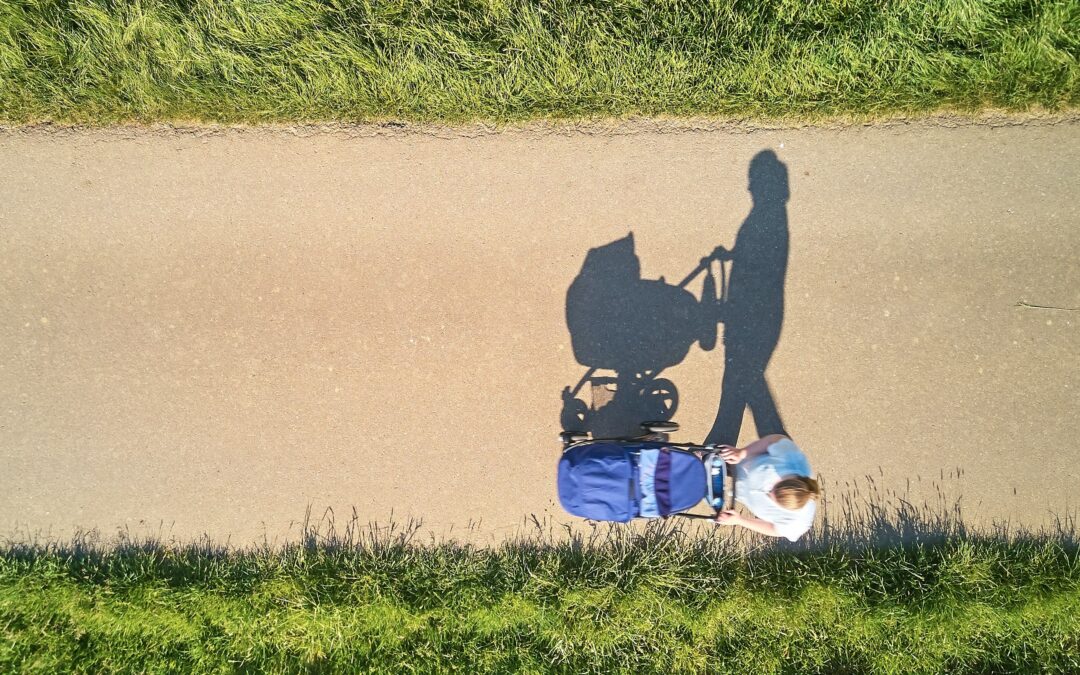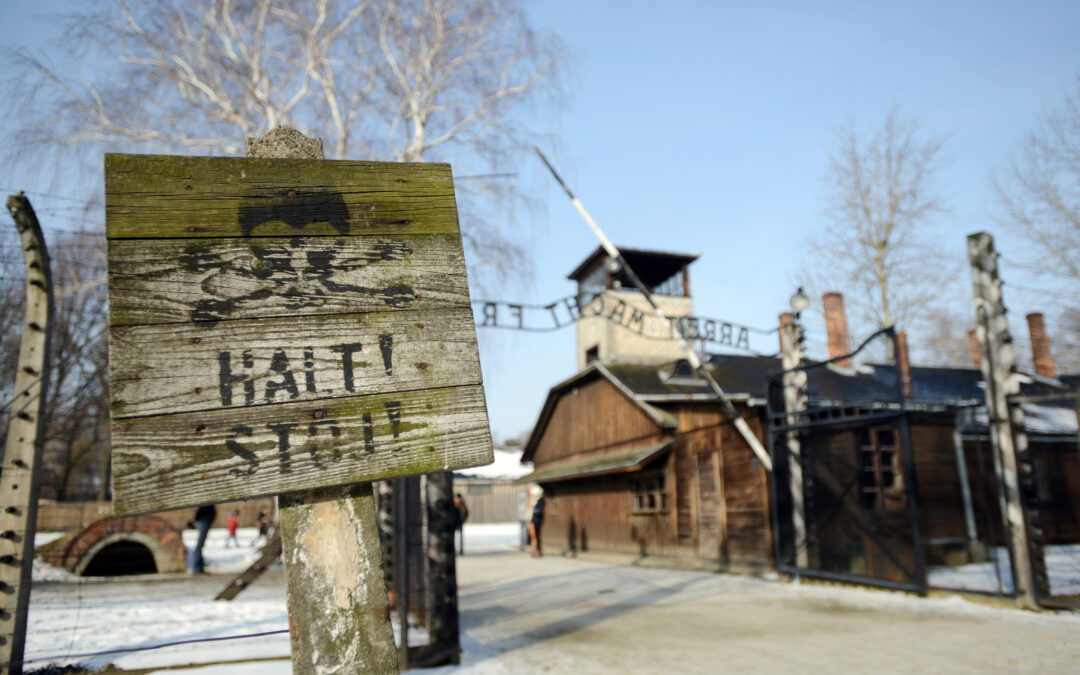Only 32% of women in Poland aged between 18 and 45 say they are planning to have children, down from 41% in 2017, new data from state research agency CBOS shows.
The figures come after the introduction in 2021 of a near-total ban on abortion that many believe has made women less likely to want to get pregnant. Recent years have also seen a continual decline in Poland’s fertility rate, despite efforts by the government to boost the number of births.
The new data from CBOS show that 17% of women aged 18 to 45 plan to have children in the next three or four years while 15% say they plan to do so in the longer term. Meanwhile, 68% say that either they are not planning to have children or they do not know whether they will.
By comparison, when the survey was previously taken in 2017, 25% were planning children in the near-term future and 16% in the longer term, while 59% had no such plans or did not know.
CBOS also breaks down the results according to whether respondents already have children or not. Among childless women, the latest survey found that 59% plan to have them in the short- or long-term future, compared to 78% in 2017.
Among women with one child, only 35% plan another (down from 45% in 2017); and among those with two or more children, just 7% do (down from 9% as in 2017).
Zamiar posiadania dzieci najczęściej deklarują respondentki bezdzietne poniżej 30 roku życia (67%), a niewiele rzadziej kobiety do 35 roku życia mające jedno dziecko (64%). pic.twitter.com/5aytQLrRun
— CBOS (@CBOS_Info) January 11, 2023
“This decrease [in the percentage of women planning to have children] can be partly explained by the demographic changes that have taken place during this period,” said CBOS in an analysis of its survey, cited by the Dziennik Gazeta Prawna newspaper.
“Compared to 2017, in the analysed group the percentage of younger women, up to the age of 34, has relatively decreased, while the percentage of older women, aged 35-39, and above all those aged 40-45, has increased,” notes CBOS.
However, the pollster also notes that, even when comparing only the youngest 18-24 and 25-29 age groups in both 2017 and 2022, there has been a noticeable decrease since in those planning to have children.
A December 2021 poll by Ipsos for OKO.press asked people why women in Poland may not want to have children. It found that the most common responses were that women were worried about work (40%) and that they cannot financially afford having children (39%).
That was followed by pregnancy being a risk (33%), their home being too small (24%), and them being afraid that the father of the child would not help (19%). The least popular answer was that it is the fault of feminism (11%).
In October 2022, a United Surveys poll for Dziennik Gazeta Prawna and RMF24 found that a narrow majority of Poles, 52%, believe that the new abortion rules, which went into force in January 2021, have made people less likely to have children. Among female respondents, the figure was 67%.
However, in November, Jarosław Kaczyński – chairman of the ruling party – blamed Poland’s low fertility rate on excessive consumption of alcohol by young women. That caused outcry among the opposition and women’s rights groups.
Kaczyński’s national-conservative Law and Justice (PiS) party has made raising fertility rates in Poland’s rapidly ageing society one of its flagship goals, introducing a number of social programmes designed to financially support families.
Yet, despite this, the number of births in Poland has continued to decline during PiS’s seven years in power, reaching historic lows. The country has one of the EU’s lowest fertility rates and last year recorded the bloc’s second-largest population decline.
Moreover, the infant mortality rate also increased in 2021, reversing a long-term decline, with doctors saying that the new near-total abortion ban is behind that development.
The red line is deaths. The green line is live births. The blue lines are when the government introduced child benefit policies part of the rationale for which was to increase the fertility rate. https://t.co/DqnmZqNnnV
— Ben Stanley (@BDStanley) September 24, 2022
Main photo credit: Johny Goerend/Unsplash

Alicja Ptak is deputy editor-in-chief of Notes from Poland and a multimedia journalist. She has written for Clean Energy Wire and The Times, and she hosts her own podcast, The Warsaw Wire, on Poland’s economy and energy sector. She previously worked for Reuters.




















